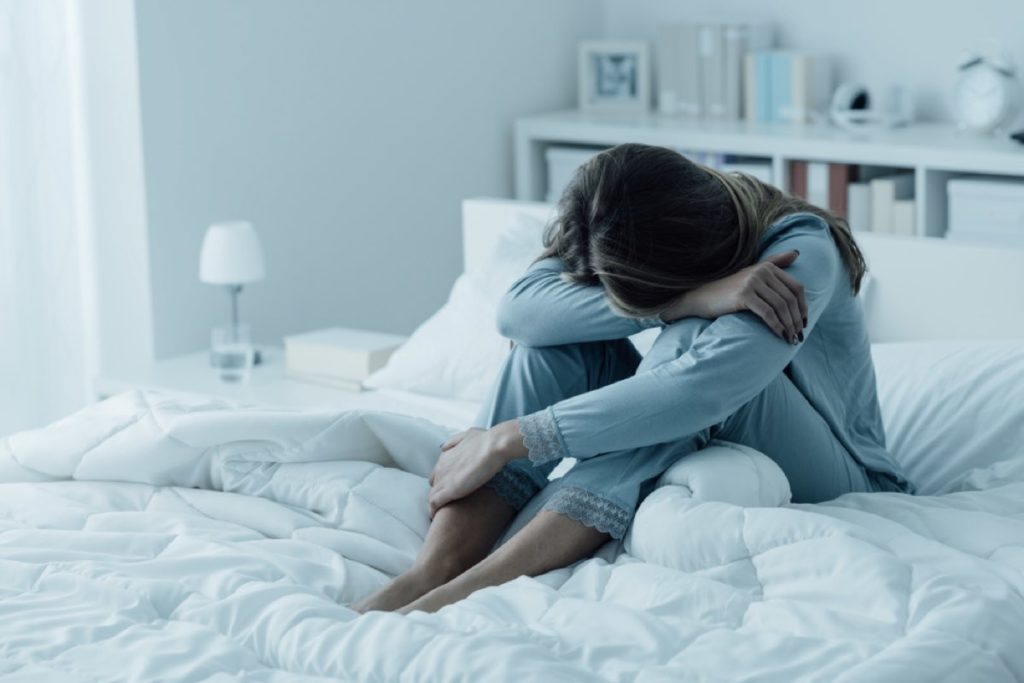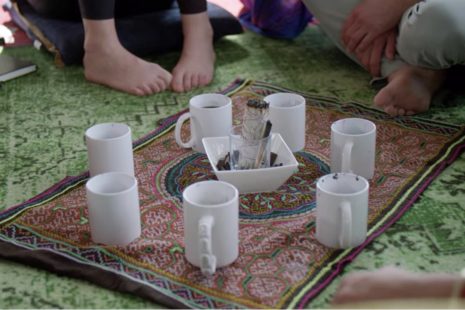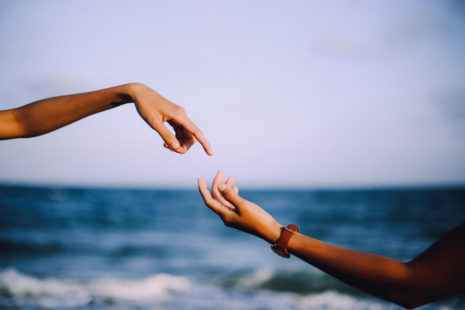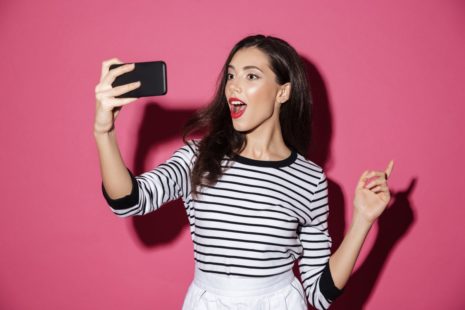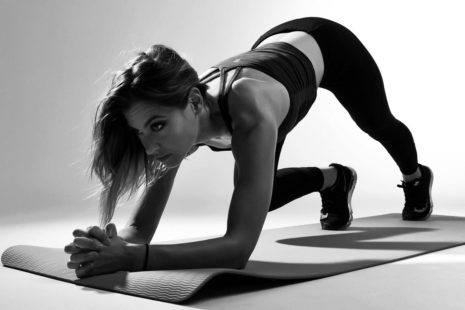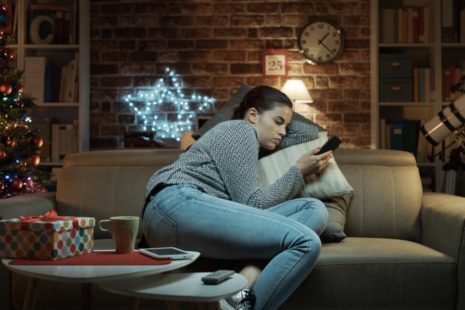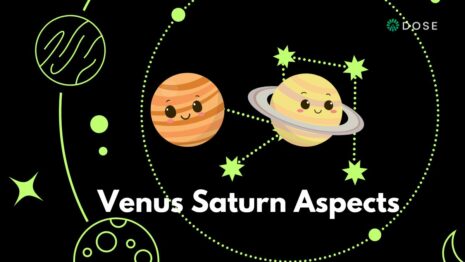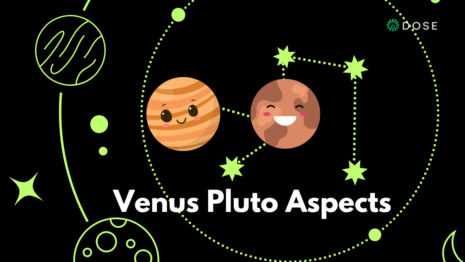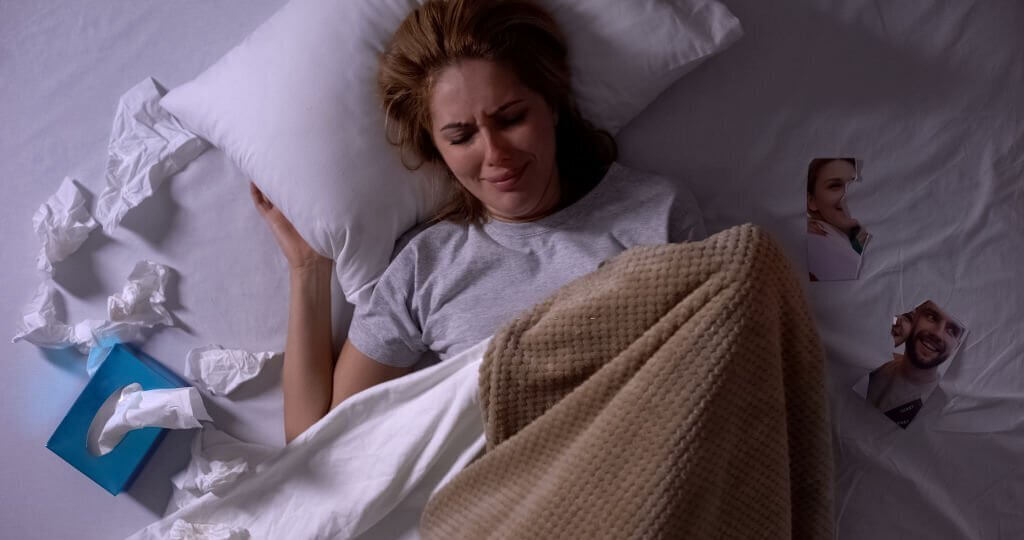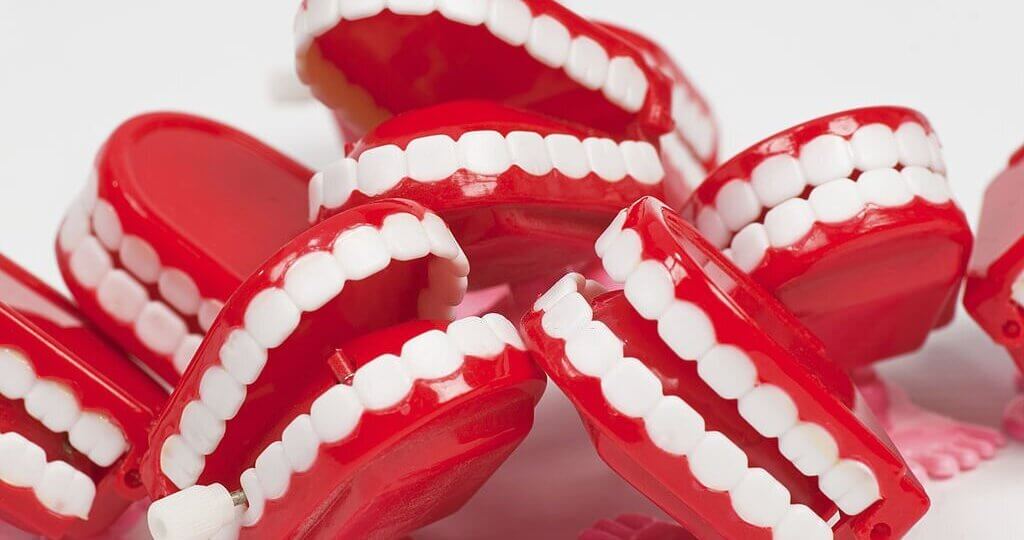A $432 billion sleep market and we’re still not sleeping. One of the reasons? Orthosomnia. DOSE writer Charlotte reports on the new sleep disorder…
What is Orthosomnia?
You’ve heard of insomnia. But now, the modern phenomenon is orthosomnia. “Orthosmomnia is a term reported in an article in the Journal of Sleep Medicine (Baron et al, 2017). It relates to a behaviourally-induced sleep difficulty, whereby the monitoring of sleep quality and duration, using digital trackers, serves to increase sleep agitation,” says Doctify-rated clinical psychologist Dr Richard Doherty.
“It is a manifestation of anxiety that finds itself specifically projected at one’s quality of sleep. Insomnia is also triggered by anxiety. So, although it is technically a new derivative of sleep issue, in reality, it’s simply a transference of a latent anxiety disorder,” says Will Williams, meditation expert and founder of World Meditation day .
Basically, while sleep trackers are meant to aid our sleep and arm us with information, stressing over what the sleep tracker says, is causing us to lose out on sleep. Go figure.
How to treat it
“It would be important to recognise that it is not a condition in itself, but a behaviour. Like any behaviour, reducing the threat that creates it would be the first place to start. In this instance improving sleep, alongside reducing fears about poor sleep, would go a long way in reducing the need for self-monitoring,” Dr Doherty says.
Are we all relying too heavily on sleep trackers?
“In general, we know that the ever-growing amount of digital information we’re processing is increasingly being seen as detrimental to our ability to switch off. In addition, many studies have shown that sleep trackers are often not an accurate reflection of our exact sleep patterns. They are more a helpful guide to show roughly what our sleep looks like,” Dr Doherty says.
What is a better measure of how much sleep we are getting?
“You don’t need an app to tell you whether you’ve had a great nights rest or night – you’ll know for yourself when you wake up in the morning! It’s more important to concern yourself with setting up the best conditions for a good night’s sleep rather than hyper-analysing what went on during the night.” Will says.
“A good guide is whether people feel they have enough energy to do the tasks they need to do in the day, without excessive tiredness. If further measuring is required, a simple pen and paper, self-report, sleep diary is adequate. With sleep conditions reducing the amount of digital information we are processing is no bad thing,” Dr Doherty says.
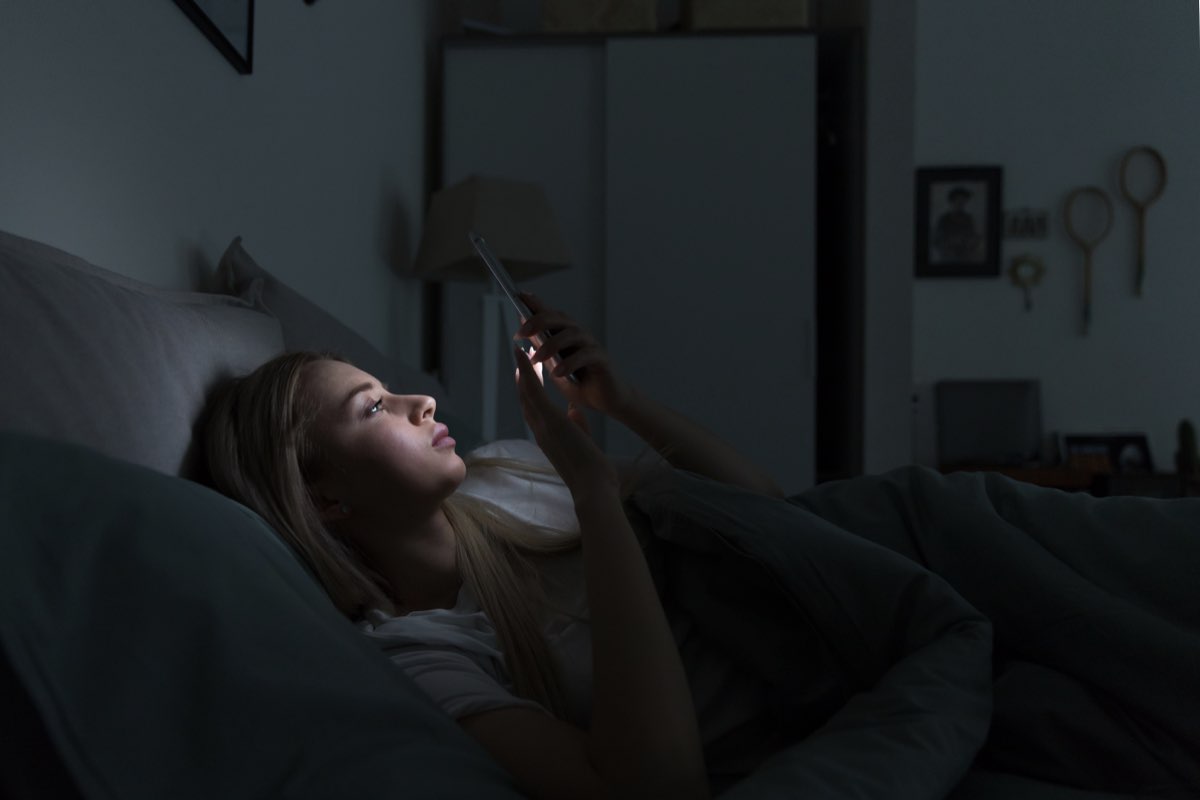
How to improve sleep without relying on trackers
“Better sleep can often be achieved in two ways. Firstly by increasing our natural drive to sleep through behavioural techniques. Secondly by reducing an over alert or agitated mind. The key to the second of these is in identifying and addressing the sources of alertness or agitation,” Dr Doherty says.
“One trick is to not look at your phone after 9pm – it makes a massive difference to your sleep quality. Research shows that the blue light omitted from our phones is disruptive when we’re exposed to it at night. It suppresses melatonin which leads to shifts in our circadian rhythms. Being on your phone at night also means you’re more connected to work and social media, which can also contribute to anxiety, leaving you less able to switch off when you go to bed,” Will says.
He adds, “another tip is to eat before 8pm wherever possible. Historically humans were preparing for bed at this time, and so our digestion begins shutting down. If we eat late at night, the body’s systems have to reverse. Its rhythms get thrown off, and sleep is compromised. On my new meditation app, Beeja, I’ve created specific videos to help us understand our circadian rhythms and optimise sleep. We’re also developing a complete Sleep section. Content is specifically engineered to enhance quality of sleep – coming later this year, watch this space!” Will says.
So, while sleep trackers can be a great diagnostic tool, you may find they’re more of a hindrance than a help. In which case, ditch it, and don’t look back.
Get your weekly DOSE fix here: SIGN UP FOR OUR NEWSLETTER
